The Paradox of Sharing: Unique Experience, Confirmation Bias, and Ashtanga Yoga
Talking about ashtanga can make you crazy. Or not.
Or both.
“Whenever we practice, we quickly run into paradox… this is what happens when we start to cling to any one formula or any one technique. We quickly run into this sense that it isn’t complete– when we run into another viewpoint coming up in the background– there is this sense of paradox.
And, whenever this happens, we know that the yoga is starting to work. Its considered to be a very auspicipous sign. “
— Richard Freeman “The Self-Reference Paradox”
With the right google search, you can find someone confirming any belief you’ve been kicking around. Confirmation bias takes us out of our present moment. It sets paramaters for our capacity to feel. And, I fear, it shields us from our ability to have our own direct experience with something greater.
Have you ever been told that hip openers bring up long held emotions? I’ve heard that one. I’ve even said it. And I believed it. Why? Because, every time I did one, I went to my dark place.
In the laboratory of the body, it seemed true. But, realistically, how could I be sure?
With a bit of time now, I have to confess I think the hip stuff sounds an awful lot like frequency illusion: the illusion in which a word, a name or other thing that has recently come to one’s attention suddenly seems to appear with improbable frequency shortly afterwards.
Frequency illusion is just one of many cognitive biases, of which I suspect confirmation bias is the most glaring.
For example, I have had two different colleagues, each practicing through advanced series, relate to me their experiences of learning intermediate series. One had an experience of joy and a reintegration of the capacity to feel. The other had a case of the crazies.
For me, at different times, each experience registered as true— and so, I wanted them to be true. All the time. But, in sitting with these two very different examples of experience, did I somehow taint my own?
Confirmation bias, like frequency illusion, is a cognitive bias born out of heuristics. It’s when we seek out information to confirm what we already believe, weighing evidence we like more heavily and under weighing evidence that could disconfirm our belief.
I believe that there is a very human desire to make the inherently idiosyncratic journey into the process of yoga a somehow universal experience. I don’t believe that there is a universal experience. There is no monolith.
Other peoples fingerprints, well intentioned though they might be, can’t help but smudge the lens of our experience. Mine included.
Your experience is your own. You must guard it.
But, you might wonder to yourself, are we to abandon our schema and ignore our teachers in the interest of finding our own unique experience?
Not necessarily.
Yoga as a method for understanding the self, for coming face to face with the very nature of I-ness, ahamkara, and a releasing of it, means being open to the majesty of our own unique experience, unfettered by the unique experiences of our teachers, and being fully allowed to inhabit that which is solely ours.
Its so scary, to not know. To fully reside in a place of not knowing. And, to be alone in that place.
For me, to teach from a place of not knowing meant letting go of some of my prior understandings of the nature of asana practice in general, and an understanding of “absorption” objectively. It also made me feel the tickle of paradox as I considered no longer sharing my practice (and I’m not talking just asana here) with friends.
If you look at my bestie and me’s phone log, you’ll be able to tell that last part didn’t happen. Duh.
When feeling the thrill, the tickle, of paradox emerging from it’s slumber, refer again to the opening mantra of ashtanga yoga. We are given three very clear tools:
The Conch: That which calls us to practice. Simply getting up and doing the thing. Hearing it loud and clear.
The Sword of Discimination: To cut through that which isn’t useful.
And… perhaps the most important:
The Discus of Light: The beauty of time infinite. Swirling around itself. A vortices. And oroborus, the snake eating it’s own tail. The acknowledgement that on a broad enough scale of time, everything is in fact the same. And we have nothing but time infinite. Patience.
I’ll err to the very zen idea of “only don’t know.”
Leave yourself room for discovery.
And remember: heuristics are not inherently bad. Just make sure you know how to use the tools in front of you. A screwdriver is not a hammer, but ya hit a nail hard enough with it, it goes in. But its important to know that a screwdriver is not a hammer. And that when you are a hammer, everything looks like a nail.
Your experiences are your own. Enjoy them.
PS: Here’s a link to my led primary from June 24’s class!


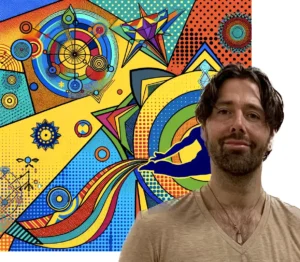
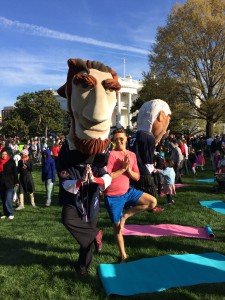

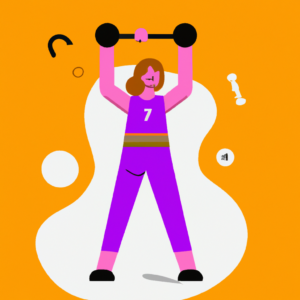

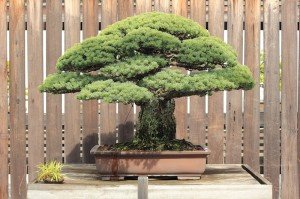
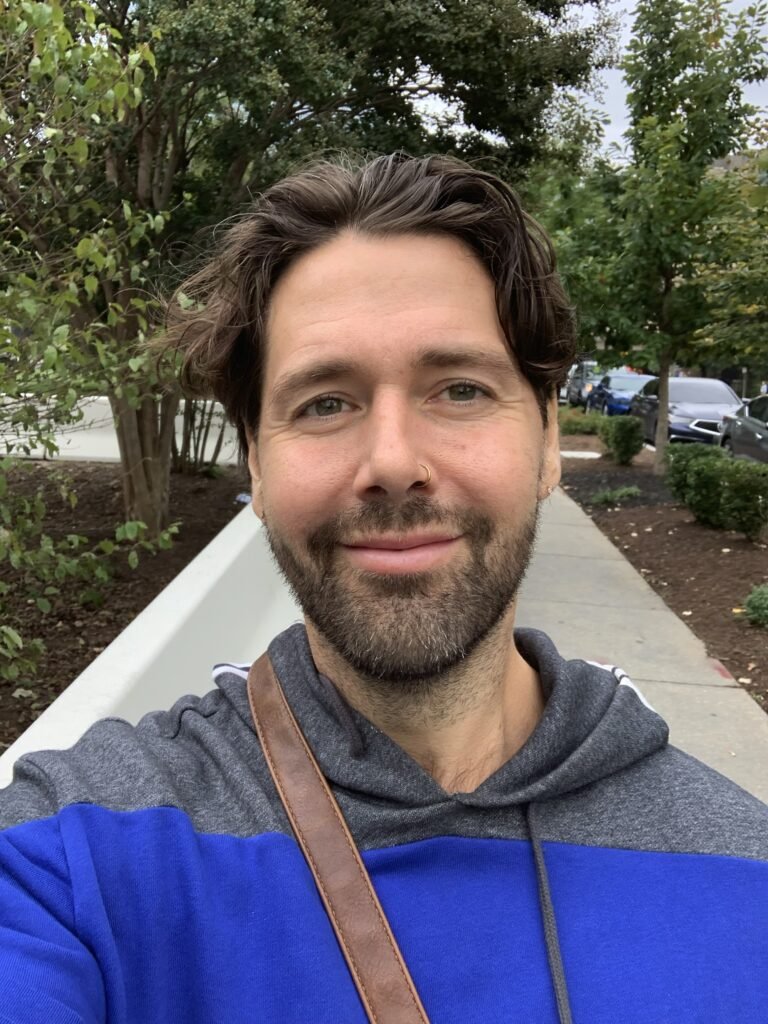
[…] How much should we talk about our own practice experience? How much should we listen to others’ experience? Michael Joel Hall discusses The Paradox of Sharing. […]